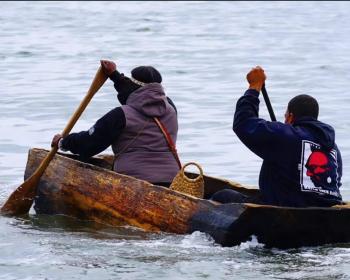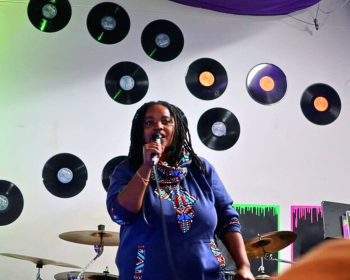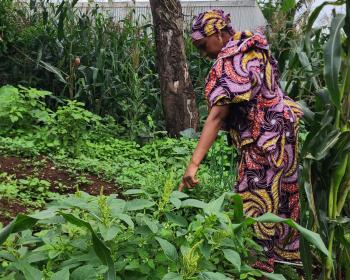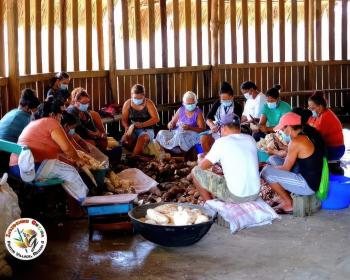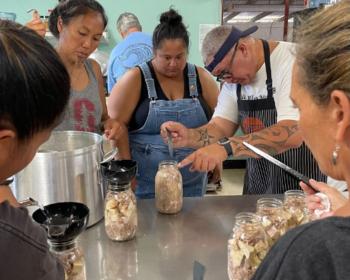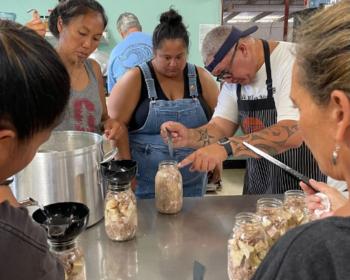A practical guide for Indigenous Peoples on using the OECD Guidelines to protect their rights.
Indigenous Peoples worldwide face increasing threats from large-scale resource extraction, agribusiness, and infrastructure projects carried out on their lands. These activities often result in loss of livelihoods, community disruption, and the erosion of cultural heritage.
